The Importance of [Limited and Unlimited] Boundaries – A Trek Across Copenhagen
As part of our new “Life Design Course” at Goizueta Business School, 25 Full-Time MBA students traveled from the classroom to Copenhagen to explore how the Danes approach their short work-week, while having some of the most productive companies in the world. According to a recent study from Deloitte, 91 percent of respondents say having an unmanageable amount of stress or frustration negatively impacts the quality of their work. The course is focused on helping our students – who are passionate, ambitious, and often working in overdrive – to find meaning, fulfillment and success in both career and life. During the trip, students were challenged to explore big trends tied to the future of work such as balance, mental health, and new models in a post-pandemic world.
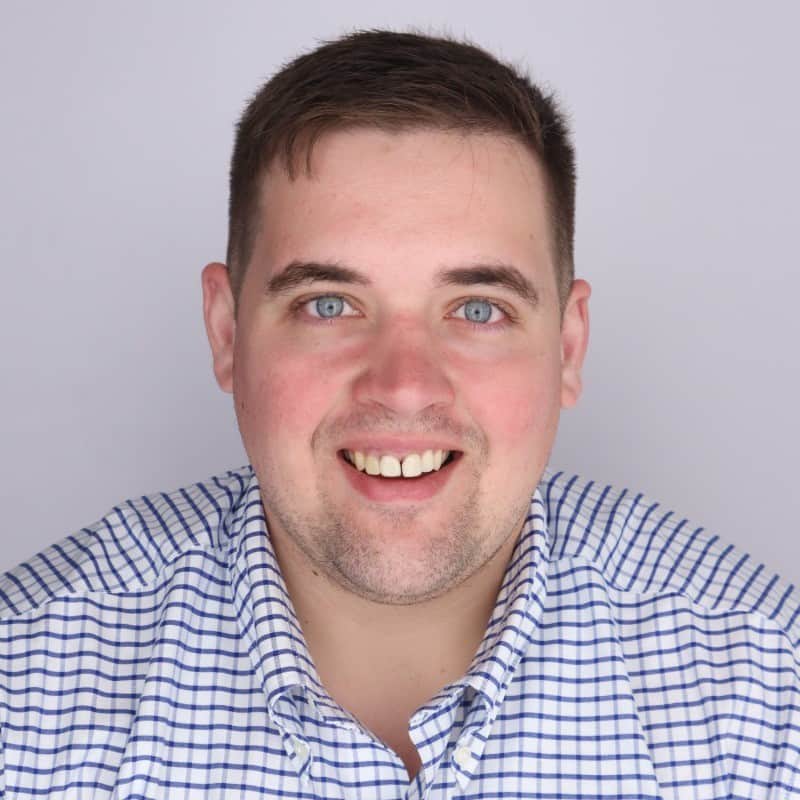
- What motivated you to enroll in Assistant Professor in the Practice of Marketing Marina Cooley‘s “Life Design for the Modern MBA” course?
As a professional coming from the world of consulting, I’ve dealt with my fair share of intense work weeks and tight deadlines. On paper, I achieved success, but indelibly felt the impact of those years on both my health and relationships – missed dinners, canceled events, and computers brought on vacation. As someone returning to consulting after business school, I yearned for more knowledge on not only how to be a great leader, but a great balancer as well. I wanted to absorb ever-changing global customs and norms and apply them to my future work. In returning, I’ll be in a unique position where I can influence those above and below me, and I felt starting that individual journey now would pay dividends throughout my career, both personally and professionally.
- How did you prepare for the trip, and what were your initial thoughts upon arriving in Copenhagen?
In preparing, I dove into Nordic history, policy, and customs to not only understand them on the surface but uncover what drove their implementation. “The Nordic Theory of Everything” provided a thoughtful explanation into these systems and why they are so entrenched in society. For example, Janteloven (Jante Law) started as a fictional code of conduct in writings but worked to document a prevailing feeling amongst the Nordics of prioritizing humility and disapproving ego/seeing oneself as “better” than another. On a lighter note, I started biking around town to get my legs ready for the rental bikes in Copenhagen!
Upon landing, you could see and feel the differences that permeated throughout public spaces; families hand-in-hand on public transport, numerous bikes lining the street, sunbathers making rows across the harbor. I almost asked myself “is everyone in this city outside today?” No matter the day or the weather, people were moving, socializing, and living the day to the fullest.
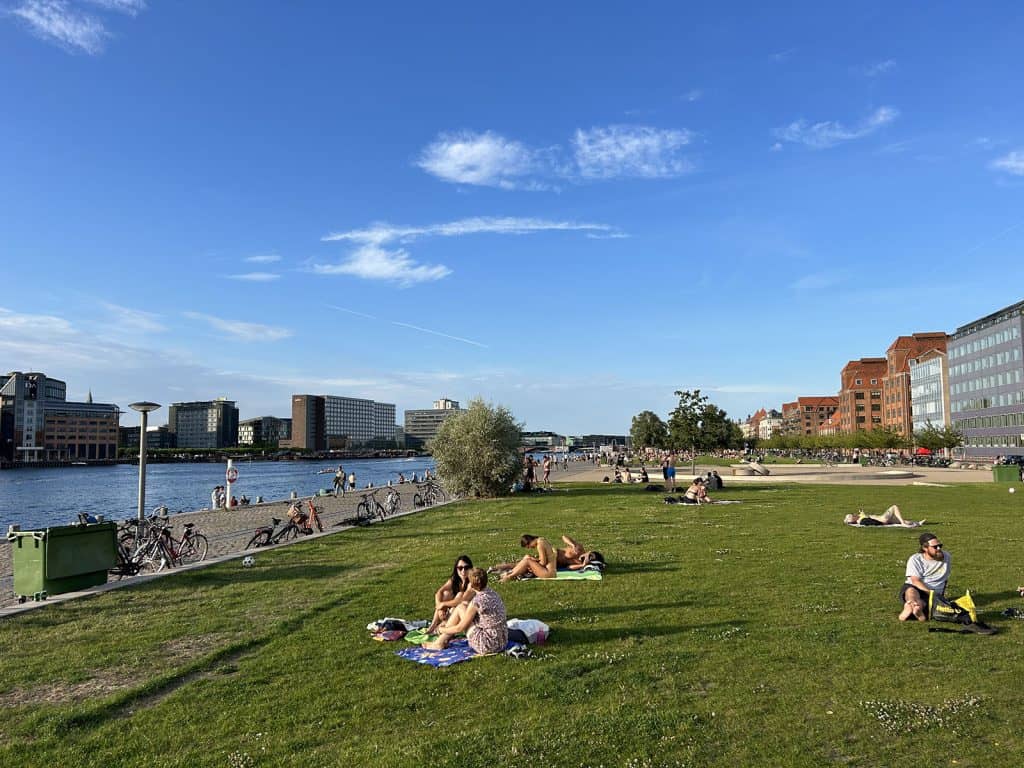
- Can you describe a typical day during the trip and highlight any activities or visits that stood out to you?
A prevailing feeling throughout our days in-country was compartmentalized work and play. Typically, we’d hold two events per day, either knowledge-building activities (like the Happiness Museum Copenhagen) to better understand Nordic culture, or company visits to uncover how the Danes continue to drive success and innovation economically. Before, in between, and after these sessions, we worked to do as the Danes do; we lounged at the harbor, conversed in the gardens, and laughed over shared meals. Strategically, the week was curated to be lighter than traditional Goizueta GEMs, allowing for these important connections. At the core, each day held a thread of socialization, movement, and friendship – time was taken to be serious, time was also taken to relax, but ultimately these actions were done with friends and colleagues at your side.
One visit that stood out in my mind was our time at Pandora headquarters. Jesper Damsgaard (SVP, eCommerce) spent dedicated time sharing his journey at the company, their current strategic priorities, and the commitment needed to restructure the company and turn around sales in recent years to drive forward-looking successes.
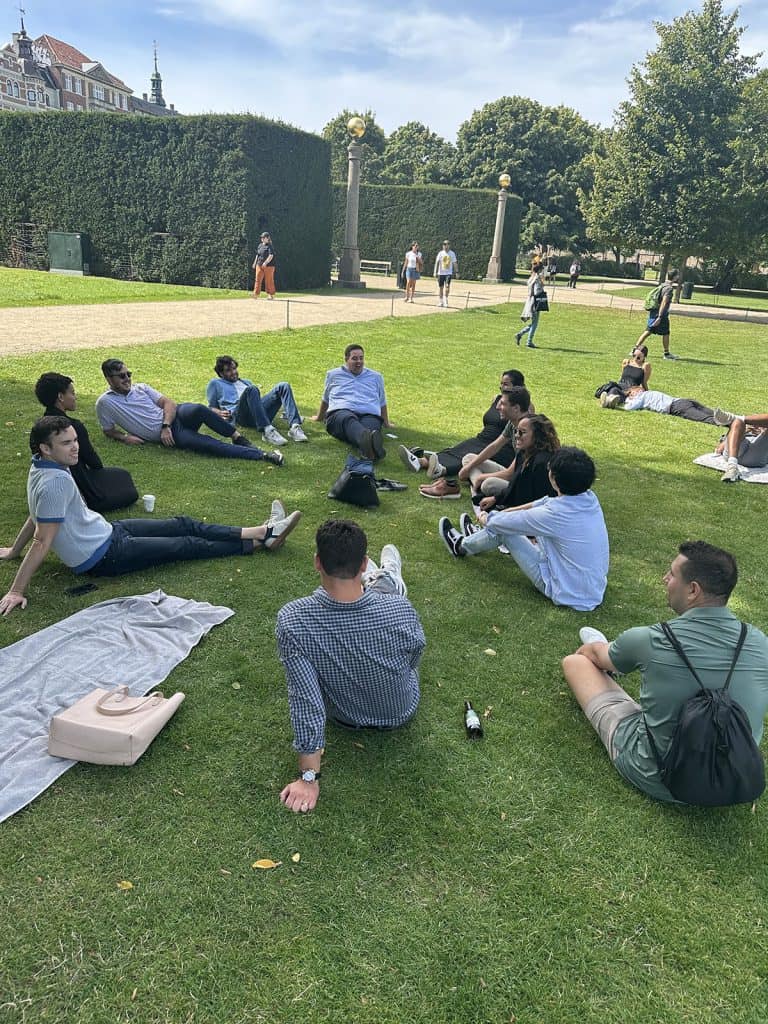
- What was the most memorable experience or highlight of the trip?
There are two key memories entrenched in my mind; the first is our daily ritual of sitting along the harbor enjoying the afternoon sun. Following long days of company visits, we were able to swim, sunbathe, and enjoy each other’s company in a way that just felt so Danish. We were there amongst the locals, doing as the locals do. These were powerful moments, allowing us to not only come together as a cohort, but in a sense understand and live the daily routines of Danish professionals after their workdays. Second, are the words shared by Jesper at Pandora’s headquarters when asked about taking a recent four-week vacation: “I was not worried about taking this vacation; I trust those around me, and the success of our organization does not fall in my hands alone. Everything went great, and we continued to function forward.” As someone glued to my email, this statement was a turning point. A successful, striving executive not only took dedicated time away to recharge, but also held enough trust in those around him to relinquish control. It made me realize that the Danes are truly onto something – when you’re on, be on; when you’re off, take the time to replenish and come back stronger.
- What insights did you gain from interacting with the local community and experiencing Danish culture?
Above all, I gained an appreciation of setting and sticking to life boundaries. The Danes are masterful at retaining focus and efficiency at work, allowing them to be present for personal time in the evenings. So many that we talked to lived the idea of “work hard, play hard” and did not compromise family time or beliefs for the sake of short-term augmentations. This was ubiquitous across both rural and metropolitan Danes; everyone took pride in their work and their place in society, but they also made sure their lives were lived. Additionally, this trip brought to light that our culture as Americans is still quite fledgling. Danes we met mentioned how “this is just what Danes have done for one thousand years, it is ingrained in us;” while their culture continues to evolve today, many of these foundations and ideologies have been built for centuries longer than America has been around. As a nation, we can still change and mold our culture to be focused on the betterment of every person, and we must be kind to ourselves in that some changes may take longer than our years. In a way, we need to plant seeds for trees we will never sit under.
- In what ways has this trip impacted you personally, and what skills or lessons do you feel you’ve gained? How do you plan to incorporate the lessons learned from the course and the trip into your future career?
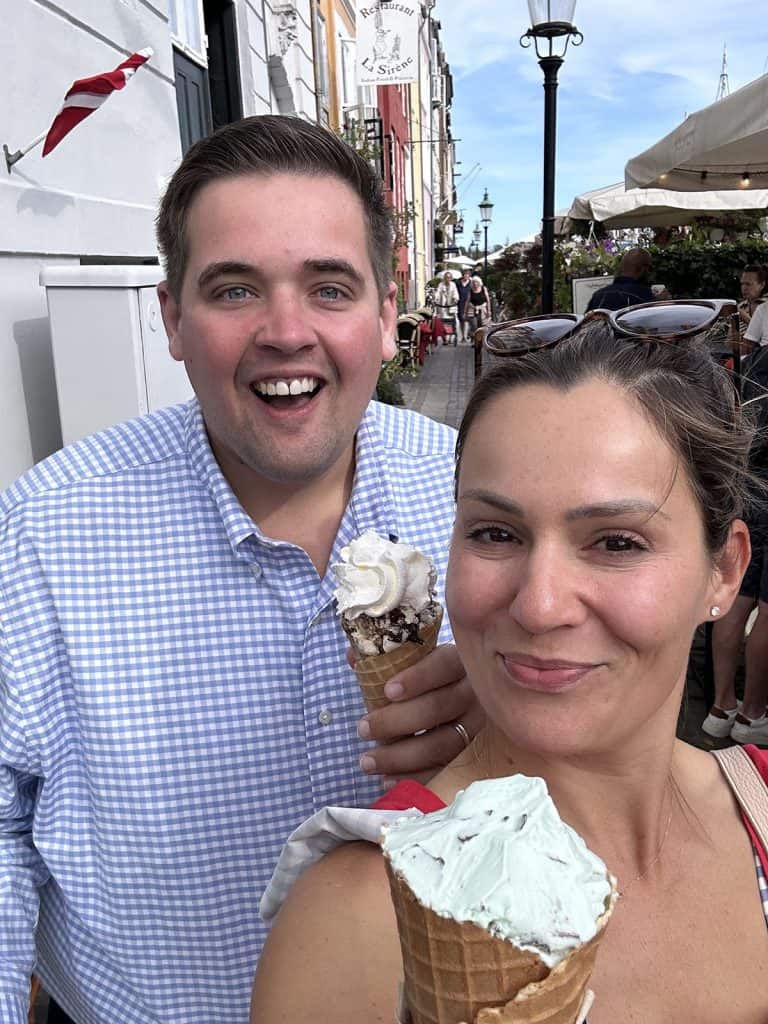
As noted previously, this trip is something that sparked a change in how I approach work, my personal life, and all the moments in between. As someone who also spent a few extra personal days in Sweden on this trip, I want to bring in something I picked up there as well: the idea of Fika. Fika is seen as a time to slow down and have a hot beverage with friends or family – it is integral to the culture of Swedes. What this showed me is that, across the Nordic countries, there are activities cemented in the DNA of citizens that prioritize mindful time with others. In the US, even when we are taking time to do something for ourselves, our minds are elsewhere; I’m guilty of drafting email responses in my head while staring at a beautiful sunset, and I want that to stop here. This idea of being present for every life moment, whether in a professional or personal setting, is something I will bring with me moving forward. In returning to consulting, my goal is to strategically tackle the necessary activities throughout the day while allowing myself the grace to enjoy being present for my friends and my family. This will not always be perfect, but my goal is to see this as a long-term investment where short-term gains will not deter me. Additionally, as a developing leader, I want to incorporate the idea of “no-ego” into my work; we all can learn from each other, so we all must listen actively. This will allow me to absorb knowledge from those around me, be more open to new ideas, and respond to what people are truly saying, not just how I am planning to in my head. Finally, I need to be mindful that throughout my career, I will now be a role model to those around me – whether it is the analyst when I return after my MBA, or other leaders in 5-10 years. My actions today are an extension of their actions tomorrow; missed vacations should not be seen as an indicator of commitment, nor something that should be emulated – instead, open discussions should be held to understand others’ values and non-negotiables so that we as role models can assist in developing mindful and empathetic working cultures.
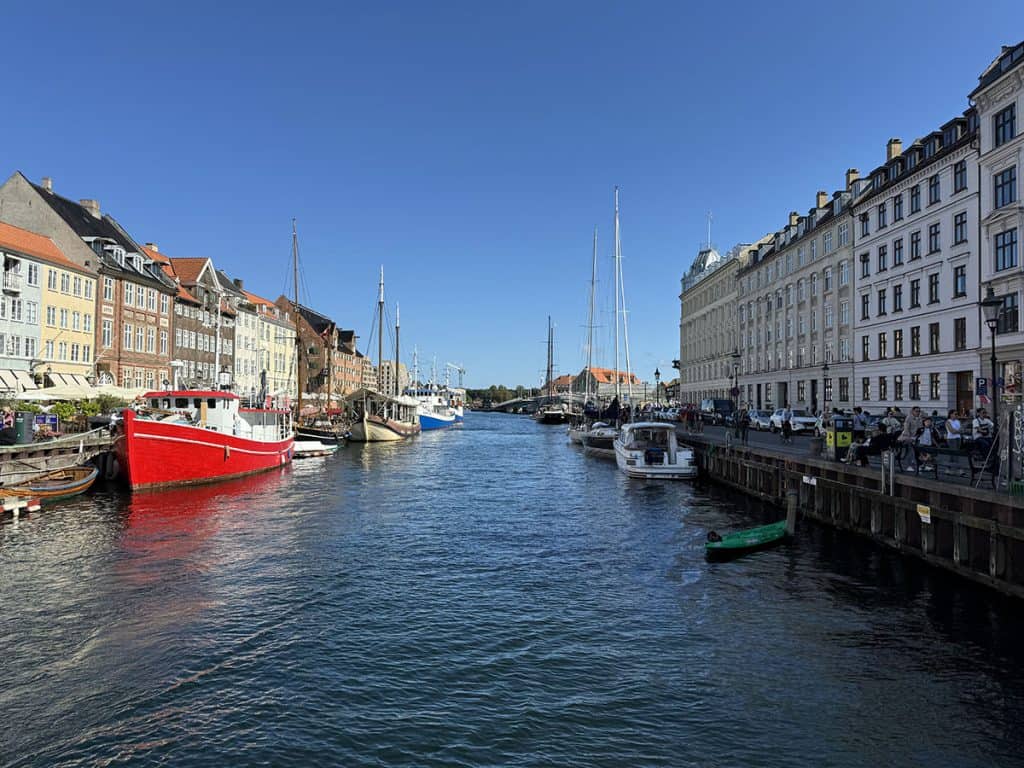
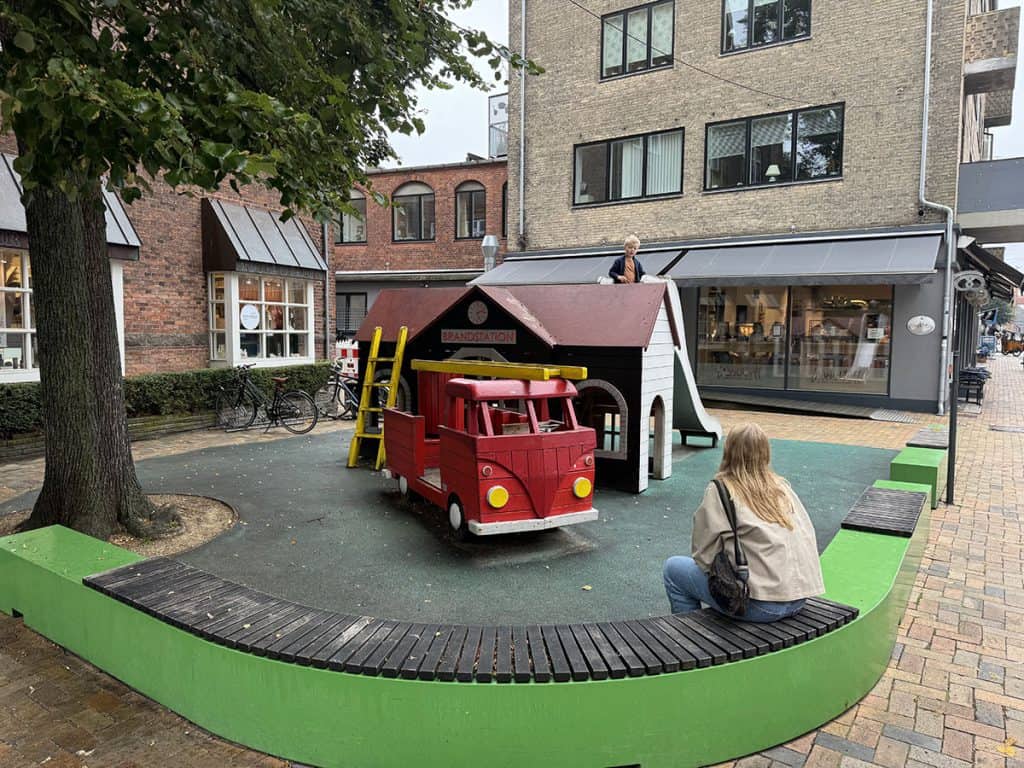
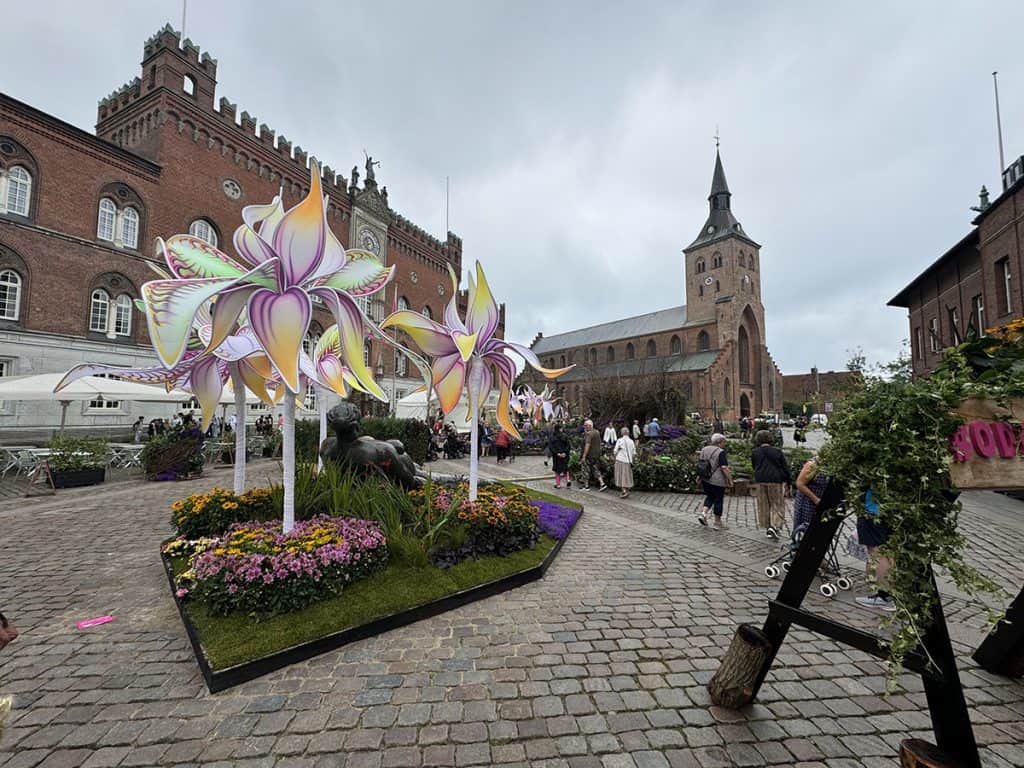
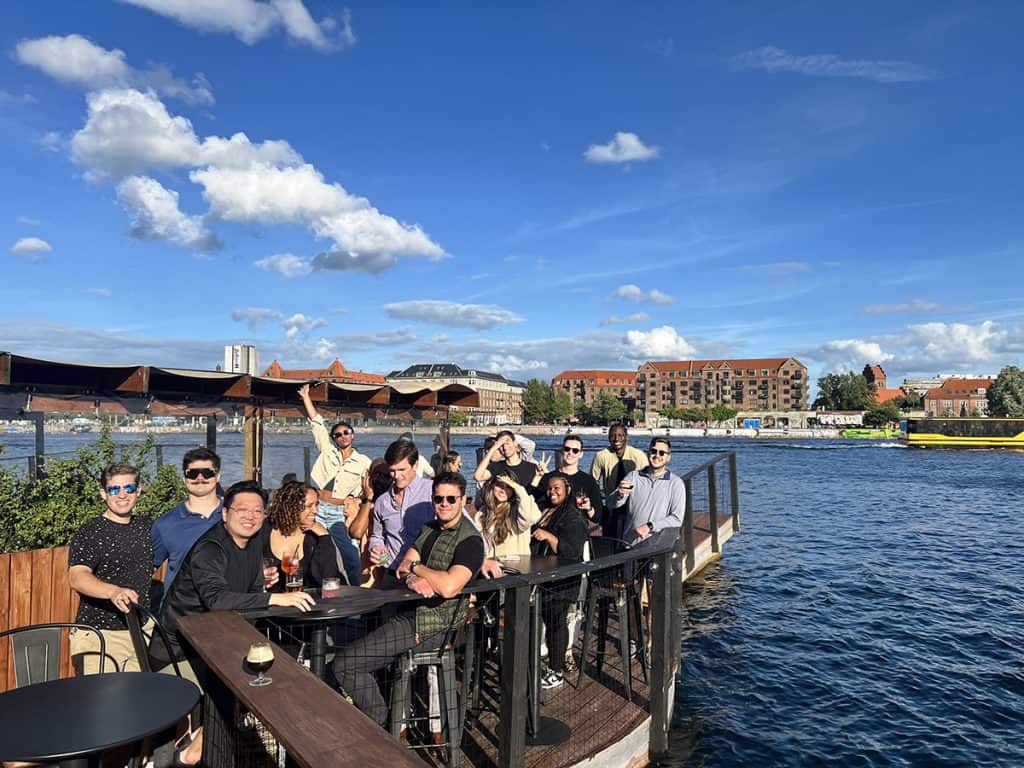
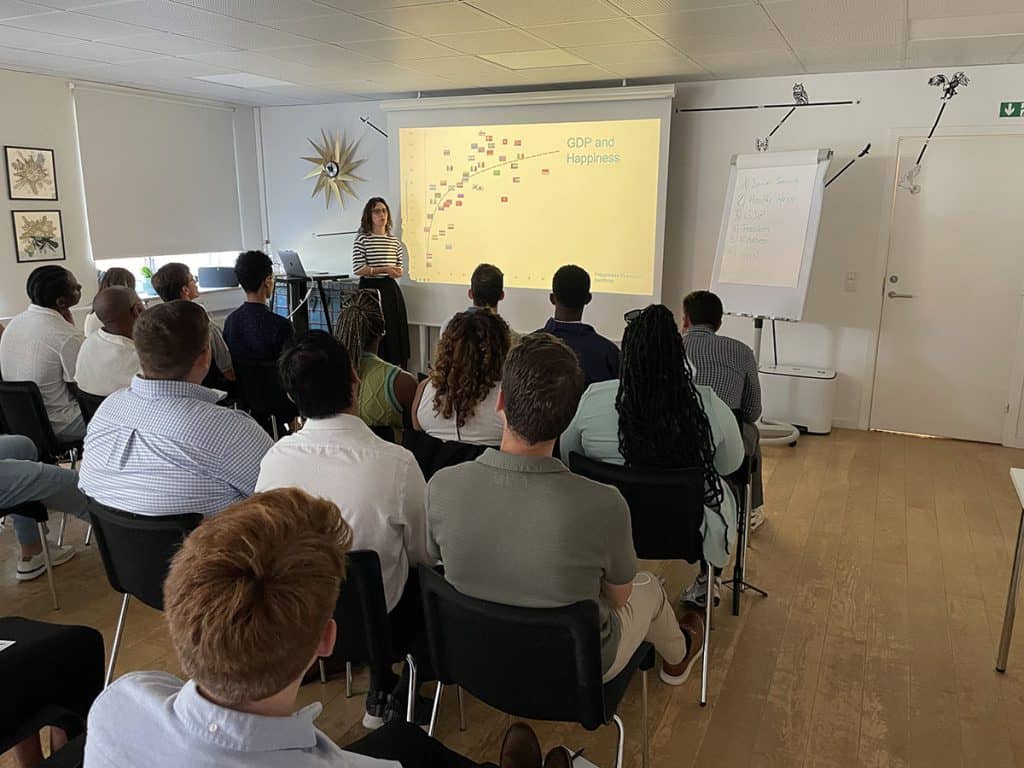
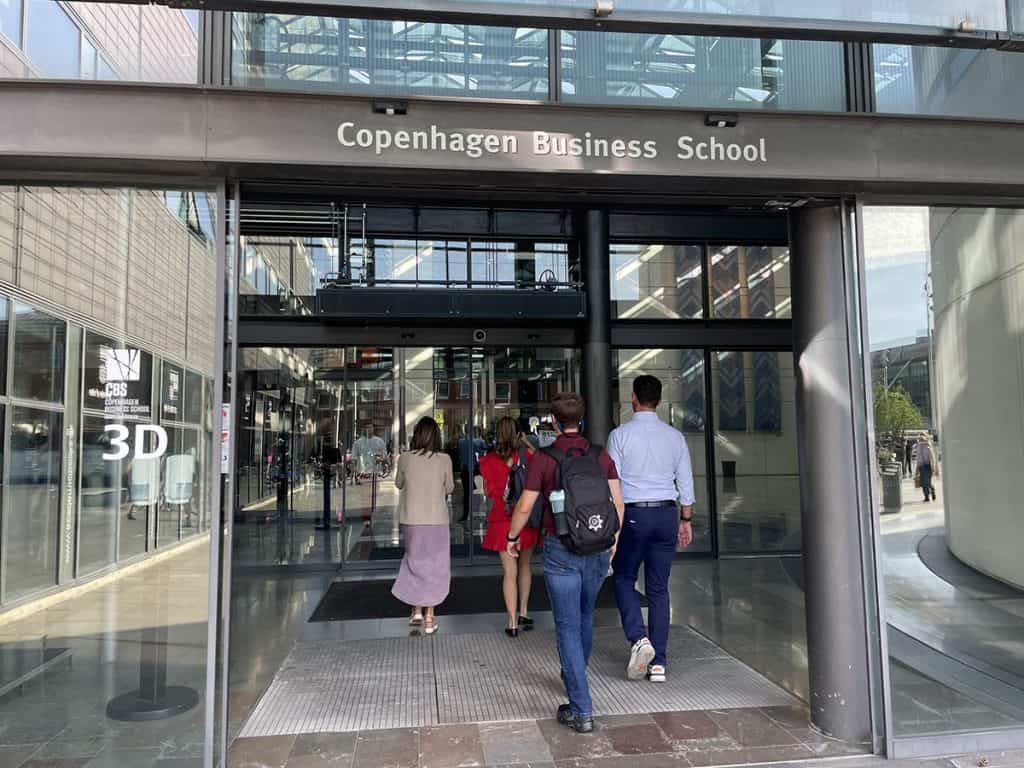
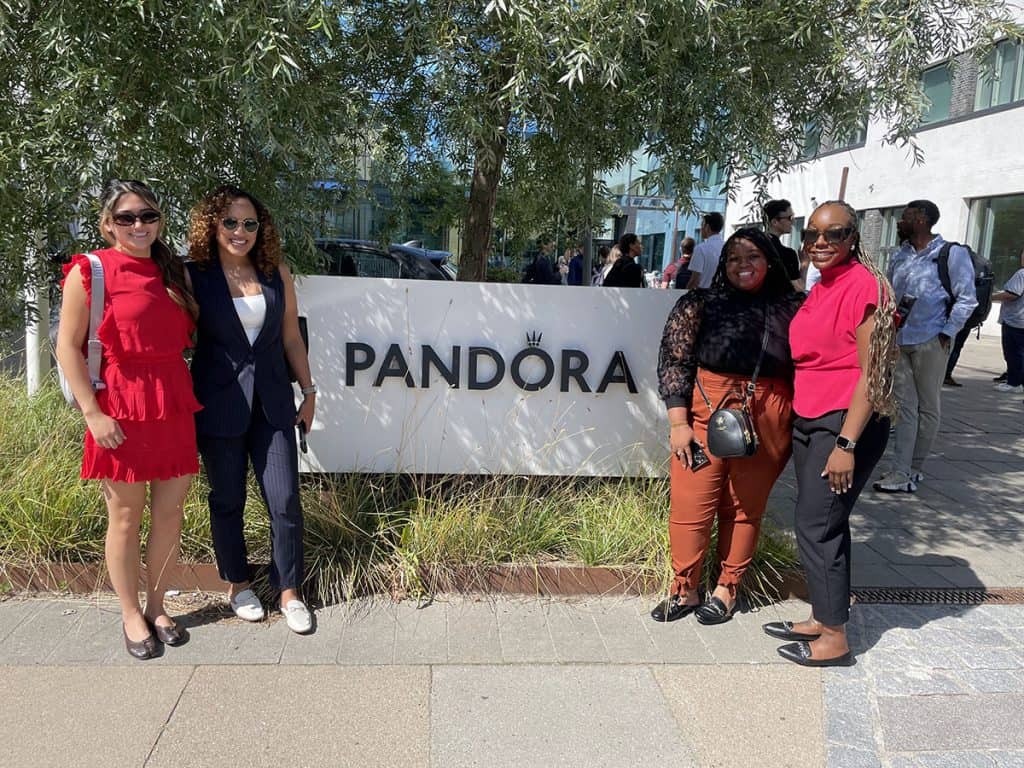
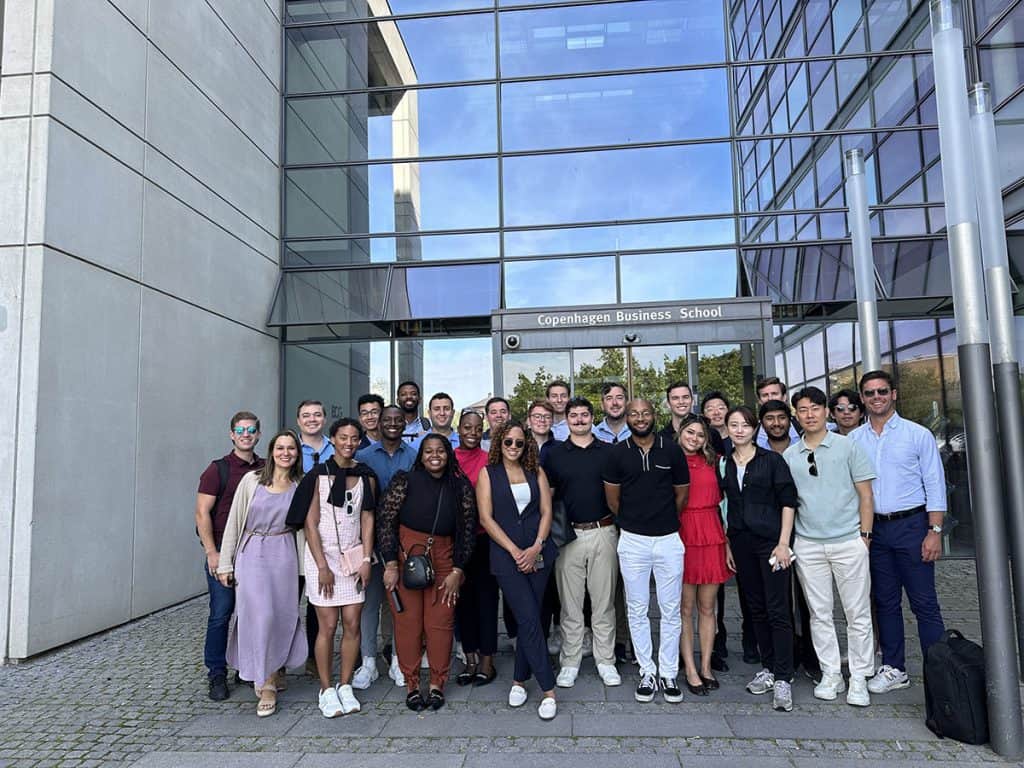
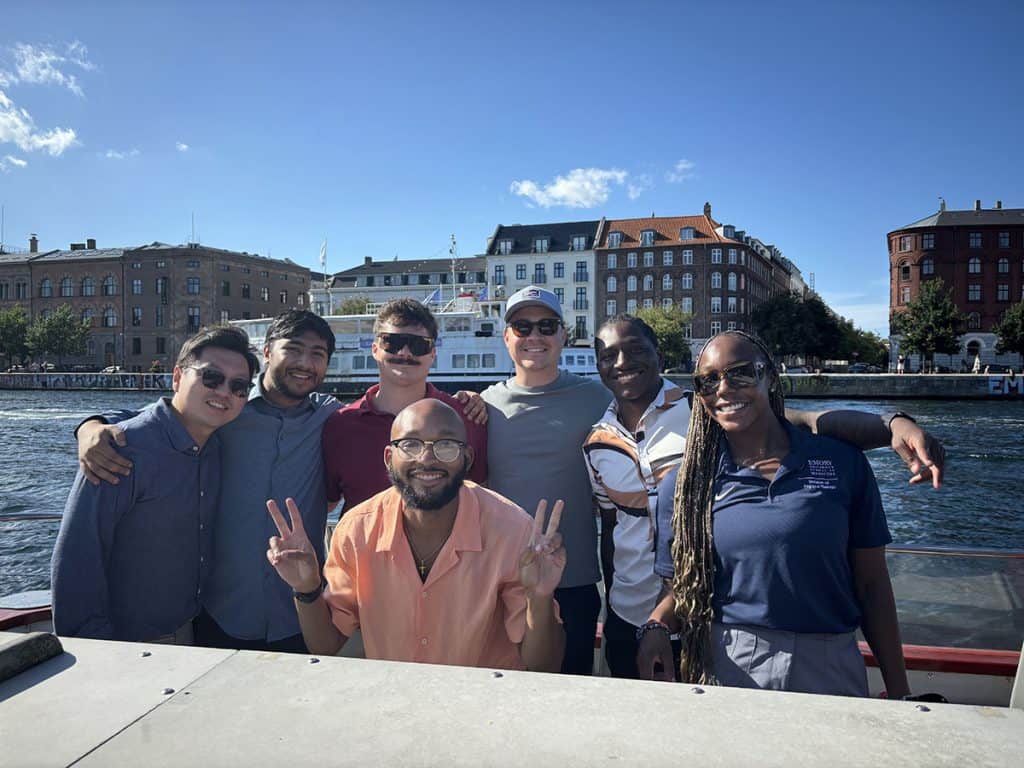
Interested in learning more about Goizueta’s global programs? Learn more here.
Interested in pursuing a business degree? Learn more about the unique programs Goizueta has to offer.
